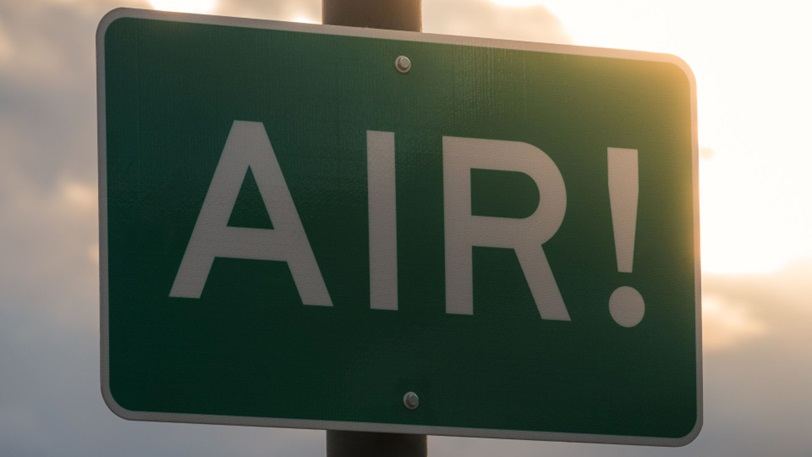
4 Advantages of Air Balancing HVAC Systems
When it comes to heating, ventilation, and air conditioning (HVAC) systems, one important aspect that is often overlooked is air balancing. Air balancing refers to the process of ensuring that all parts of an HVAC system are functioning properly and distributing air evenly throughout a building. While it may seem like a minor detail, proper air balancing can actually have a significant impact on both the comfort and efficiency of a building’s HVAC system. In this article, we’ll look at four benefits of having a properly-balanced HVAC system.
1. Improved Comfort
One of the primary benefits of air balancing is improved comfort for those inside the building. When an HVAC system is not properly balanced, certain areas may receive more or less airflow than others. This can result in some rooms being too hot while others are too cold, leading to discomfort for occupants. By properly balancing the airflow throughout the building, occupants can enjoy consistent temperatures and improved overall comfort. You can ensure this by hiring an experienced HVAC contractor in Palatine, as they will use specialized tools and equipment to measure the airflow in each area.
2. Increased Energy Efficiency
Another advantage of air balancing is increased energy efficiency. When an HVAC system is not balanced, it may need to work harder to compensate for uneven airflow. This can lead to higher energy bills as well as increased wear and tear on the system over time. By ensuring that all parts of the system are functioning properly and distributing air evenly throughout the building, air balancing can help reduce energy consumption and save money on utility bills.
3. Better Indoor Air Quality
Properly balanced airflow can improve indoor air quality by reducing stagnant areas where dust and other particles can accumulate. When there are areas in a building that receive little or no airflow, these stagnant areas can become breeding grounds for mold, bacteria, and other harmful contaminants.
With proper air balancing, these pollutants can be prevented from building up and circulating through the HVAC system, resulting in improved indoor air quality. Additionally, understanding why you need to do air conditioner maintenance before it gets hot will help you to get the best performance out of your air conditioning unit.
4. Longer System Lifespan
Air balancing can also help extend the lifespan of an HVAC system by reducing wear and tear on its components. When certain parts of a system are working harder than others due to uneven airflow, they may wear out more quickly than other components. Over time, this can lead to breakdowns and costly repairs. By making sure that all parts of the system are functioning properly and distributing air evenly throughout the building, air balancing helps reduce wear and tear on individual components and extends the overall lifespan of the HVAC system.
To Conclude
Air balancing is an integral part of a properly functioning HVAC system. It can improve comfort, energy efficiency, indoor air quality, and the system’s overall lifespan. If you are considering air balancing for your HVAC system, be sure to consult with a professional to ensure that it is done correctly and that all components of the system are functioning properly. With a proper air balancing solution, you can enjoy improved comfort, efficiency, and air quality, as well as a longer-lasting HVAC system. Thank you for reading.



